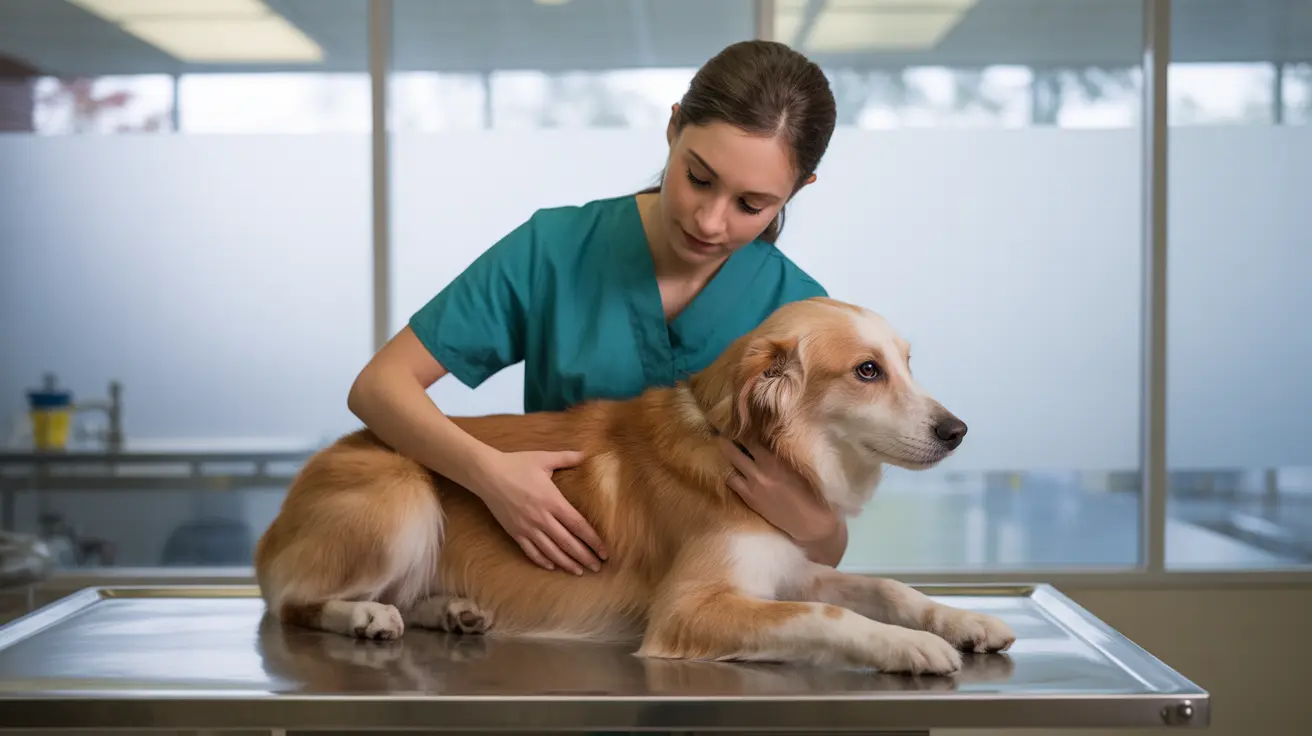Understanding your Golden Retriever's pregnancy journey is crucial for ensuring the health of both mother and puppies. Golden Retrievers, like all dogs, have a relatively short pregnancy period compared to humans, but it's packed with important developmental milestones and care requirements.
In this comprehensive guide, we'll explore everything you need to know about Golden Retriever pregnancy, from the typical gestation period to essential care tips and what to expect during each stage.
The Golden Retriever Pregnancy Timeline
Golden Retrievers are pregnant for approximately 63 days, though this can vary slightly from 57 to 65 days. This gestation period begins from the day of successful mating and fertilization. Understanding this timeline is essential for proper prenatal care and birth preparation.
Early Stages of Pregnancy (Weeks 1-3)
During the first three weeks, you may not notice many external changes in your Golden Retriever. However, significant internal development is occurring:
- Week 1: Fertilization and cell division begin
- Week 2: Embryos travel to the uterus
- Week 3: Some dogs may experience mild morning sickness
Middle Stage (Weeks 4-6)
This period marks significant developmental milestones:
- Ultrasound can confirm pregnancy around week 4
- Visible abdominal changes begin around week 5
- Appetite typically increases
- Behavioral changes become more noticeable
Final Stage (Weeks 7-9)
The last three weeks are crucial for preparation:
- Significant weight gain and abdominal enlargement
- Development of mammary glands
- Increased nesting behavior
- Decreased activity levels
- Preparation for whelping
Proper Care During Pregnancy
Ensuring proper care during pregnancy is essential for your Golden Retriever:
- Maintain regular veterinary check-ups
- Adjust diet according to pregnancy stage
- Provide moderate exercise
- Create a comfortable whelping area
- Monitor for any concerning symptoms
Signs of Approaching Labor
As your Golden Retriever approaches the end of her pregnancy, watch for these signs:
- Drop in body temperature
- Restlessness and nesting behavior
- Loss of appetite
- Clear vaginal discharge
- Frequent urination
Frequently Asked Questions
How long is a Golden Retriever pregnant and what is the typical gestation period?
Golden Retrievers are typically pregnant for 63 days (approximately 9 weeks), though this can range from 57 to 65 days depending on various factors including the timing of ovulation and fertilization.
What are the earliest signs of pregnancy in a Golden Retriever?
Early signs include subtle behavioral changes, mild morning sickness, increased appetite, and slight nipple enlargement. However, these signs may not be noticeable until several weeks into the pregnancy.
When can a vet confirm a Golden Retriever's pregnancy with tests or ultrasound?
Pregnancy can be confirmed via ultrasound as early as 22-28 days after mating. Blood tests for pregnancy hormones are reliable after day 28, and X-rays can count puppies after day 45.
How should I care for my Golden Retriever throughout her pregnancy?
Provide high-quality nutrition, maintain regular gentle exercise, ensure regular veterinary check-ups, and create a calm, comfortable environment. Switch to puppy food in the final third of pregnancy for additional nutrients.
What behaviors or physical changes indicate that my Golden Retriever is about to give birth?
Signs of imminent labor include nesting behavior, restlessness, loss of appetite, drop in body temperature, and clear vaginal discharge. These typically appear 12-24 hours before labor begins.
Conclusion
A Golden Retriever's pregnancy is a relatively short but crucial period requiring careful attention and proper care. Understanding the timeline, recognizing important signs, and providing appropriate support will help ensure a healthy pregnancy and delivery for your beloved pet.
Remember to work closely with your veterinarian throughout the pregnancy, especially if this is your Golden Retriever's first litter. With proper care and attention, you can help ensure the best possible outcome for both mother and puppies.






